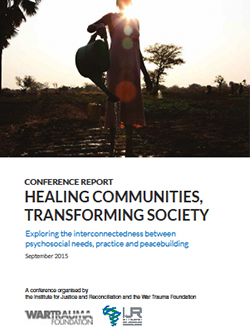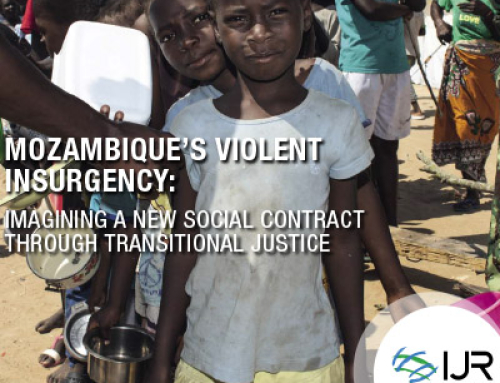
Conference Report: Healing Communities, Transforming Society
The world over, communities have been affected by conflict, violence and war, which has lead to widespread suffering and loss. Given that conflict tends to affect people’s psychosocial well-being and mental health adversely and that high levels of poor mental health and poor social functioning affect the ability of individuals, communities and societies to operate peacefully and effectively during and after conflict, post-conflict reconstruction processes must necessarily place the provision of mental health and psychosocial support structures at their core.
Peacebuilding practitioners by and large aim towards improving the overall social well-being of communities (working at multiple levels of society), and so mental health and psychosocial support professionals perceive themselves largely as focused on the well-being of the individual, the family and the community. Gradually researchers are connecting the fields and providing evidence for the fact that without an integrated model that situates programmes between the affected individual/community and the broader social, economic, political and historical context, the sustainability of the social transformation interventions that are implemented by either field are likely to be compromised.
The aim of the conference ‘Healing communities, transforming society: Exploring the interconnectedness between psychosocial needs, practice and well-being’ was thus to bring together a broad range of diverse actors in the fields of mental health and psychosocial support on the one side, and peacebuilding on the other. The conference was attended by 52 individuals from 15 countries representing the fields of mental health, psychosocial support and peacebuilding.
Pages: 32
Date of publication: 2015




